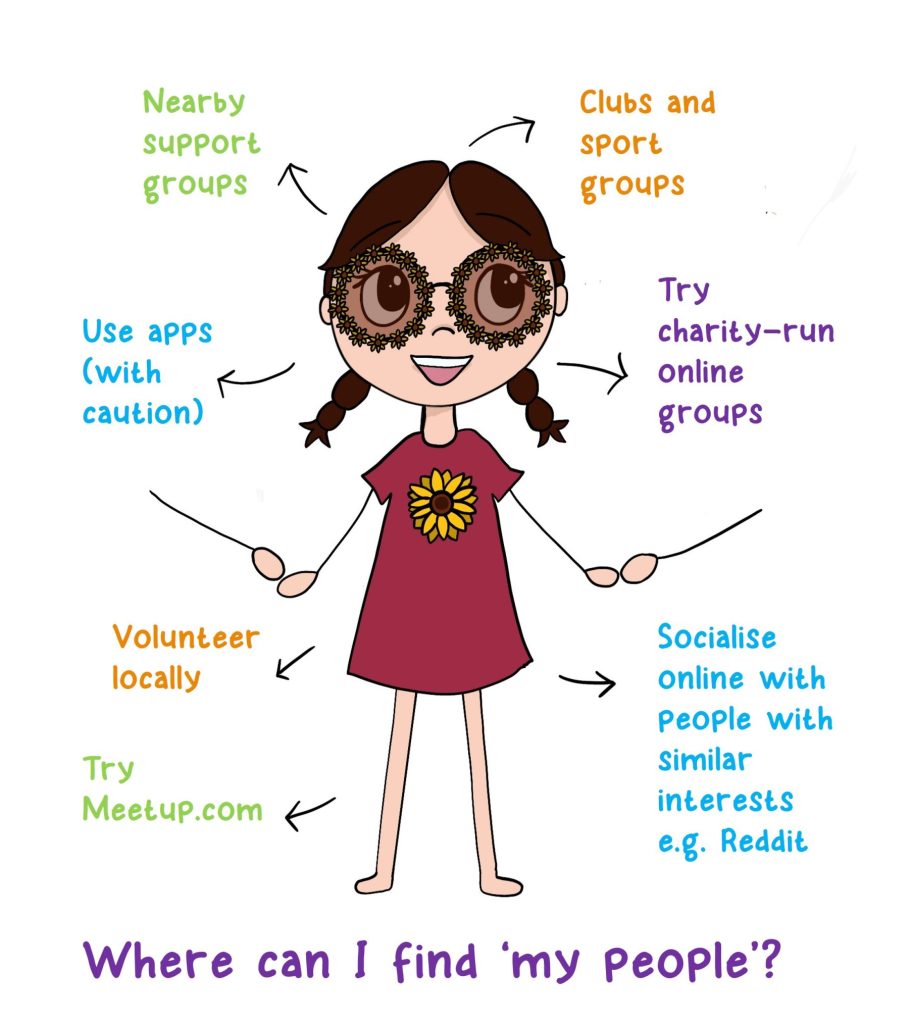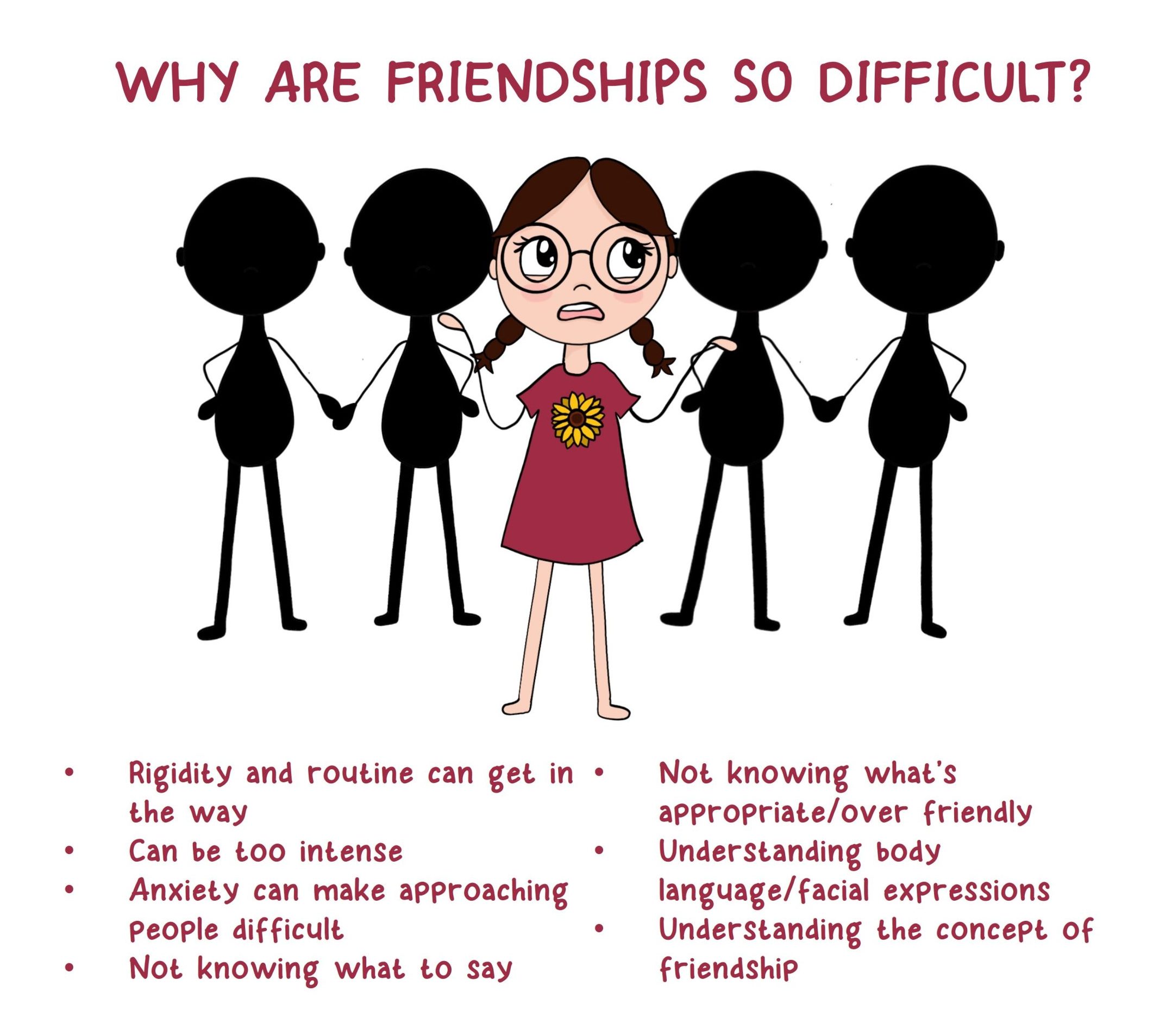My birthday’s just been and gone, and this year I actually celebrated somewhat! I have missed out on birthdays since I was 13 and I began going in and out of inpatient services, mainly because I’ve never managed to form a proper group of friends. I would get a lot of birthday wishes from individual people who cared about me; people I’d met in units, or had brief contacts with at university. But I didn’t ever really DO anything. I hadn’t got close enough to anyone.
This year though – this year a few friends and I met up, and we went to a local pottery class. It was a really nice experience, although it wasn’t the typical birthday..no cake, no meal, no song. Part of me wishes there had been a bit more to it, but at the same time, I’m aware I partly ruined it by being ill. I wouldn’t have eaten the cake; I wouldn’t have eaten the meal. I got really cold and felt dizzy during the workshop.
(Also, I still did have a lovely time, and was so grateful to have such kind, understanding, wonderful friends there with me).
Anyway – rather than dwelling on the negatives, the biggest positive I take from the day is that I have a group of friends now. A few individuals who I feel a connection to and a bond with. My friends bring a lot of light into my world. So I thought I’d do a post on friendships today!
A lot of autistic individuals struggle with friendships, particularly as they get older and relationships are no longer reliant just a shared social situation, like being in the playground together, or one singular similar interest, e.g. both liking dinosaurs. As you get older social interactions become more diverse, more complex, and require greater emotional maturity. Difficulties with social interactions for autistic people develop, and so forming and maintaining relationships becomes much harder.
Some specific examples of how or why it can be difficult, include:
- Rigidity and routine can make it tricky to simply find time for friends
- Becoming obsessed with people and being too intense (this is a very common experience in particular for autistic women, and something that needs a post of it’s own!)
- Struggling to understand body language, facial expressions, and gestures
- Feeling too anxious in approaching others and carrying on the conversation
- Difficulties understanding what to say in conversations
- Not being aware of what’s appropriate or not to say – and therefore appearing over friendly
- Knowing how often to contact friends and what ‘friendship’ means can be confusing.
What I think is really important is that we acknowledge that all autistic individuals CAN form valuable, long term, fulfilling relationships, and there’s two parts to this: finding the right opportunities to do so, and then being actually able to form the connections.
Finding the right opportunities really is about ‘finding your people’. A lot of autistic adults feel socially isolated and just don’t know where to actually find friends or even just people to talk to – and in fact, in this day and age, a lot of neurotypical adults feel the same! When you are younger, school/university, and extracurricular clubs, provide spaces to socialise and meet people. As adults, we only have the workplace, and so the ‘pool’ of people to speak to is much smaller, and likely to vary much more in age. Moreover, in recent years, there’s been a rise in remote working, which has made it even more difficult to meet others. Something we can all actually try is exploring other ways of meeting people – creating opportunities for friendships. Some tips I would suggest:

- Consider joining an adult sport group or class, locally
- Volunteer in your area
- See if there are any support groups for autistic adults nearby (these may be advertised on Facebook, or possibly have their own website, or advertise through your local mental health service, so explore!)
- See if there are any Meetup.com groups, either relating to autism, or relating to one of your interests
- Try the National Autistic Society, Scope, or Ambitious About Autism (for aged up to 25)’s online peer support groups
- There are also some friend-finding apps, like Bumble BFF, though it’s important to keep yourself safe when using these
- Socialise with people with similar interests purely online – Reddit, Discord and Facebook groups all provide ways of connecting socially with people with similar interests or experiences – and sometimes there are whole forum-based websites dedicated to certain interests or hobbies too
I’ve also recently been using the Penpal app Slowly, which is a way of connecting with people from all over the world, but also in the UK, and exchanging messages that take time to be delivered. I’ve actually ended up forming a friendship with a penpal in the UK, and we now chat and video call!
Moving on – the other area of the friendship equation to tackle is forming connections. This can be a controversial topic, because some might say that autistic individuals need to change and become more able socially, which I personally think is a very unfair thing to say. I truly believe that it’s much more about self confidence and acceptance, and then being with the ‘right people’, who you do get along with. For autistic individuals, this may be a smaller set of people than for neurotypicals – but they DO exist. My friends are a mix of fellow-autistics, and neurotypicals, and both appreciate me for ME, including my quirks. They really actually like these quirks (most of the time, anyway) too- my honest remarks and how over specific I can be, and seem to quite value the facts I can reel off about some of my interests (and they put up with me when I do go on a bit too much about something I’ve recently learnt)!! It’s important to me that other autistic people don’t try to change themselves or blame themselves for not having friends. If anything, it’s this low self esteem that is the obstacle, because one ends up avoiding engaging socially, or being too anxious to be themselves.
I hope some of these tips, and my general thoughts, help you somewhat if you’re someone who is struggling to form friendships. It’s not easy, but it CAN get better, I promise.
A few interesting reads that I reflected upon when writing this:
https://www.ncbi.nlm.nih.gov/pmc/articles/PMC8788910/
http://www.larry-arnold.net/Autonomy/index.php/autonomy/article/view/AR25/html_1
https://www.ambitiousaboutautism.org.uk/about-us/media-centre/blog/10-reasons-people-autism-struggle-friendships

Leave a Reply